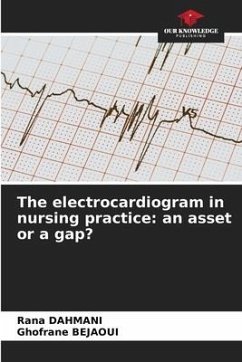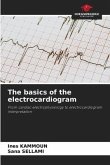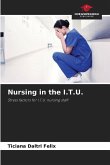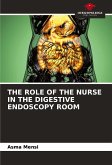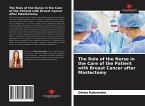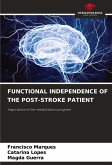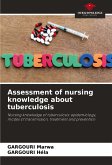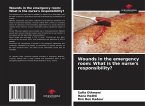The electrocardiogram (ECG) is an integral part of the cardiology patient's physical examination. Nurses must be skilled in performing and interpreting the most severe and frequent tracings. Our study is a prospective multicentric descriptive survey carried out in 3 cardiology departments in Greater Tunis, including 40 nurses, with the aim of assessing their knowledge of the rules for performing ECGs and interpreting the most frequent and severe tracings. In practical terms, the results showed incompetence in performing ECGs, particularly with regard to calibration. No ECG abnormality was perfectly detected by the nurses: 97.5%, 75%, 60% between incomplete and incorrect answers for bradycardia, atrial fibrillation, ventricular tachycardia and ventricular fibrillation respectively.We tried to propose solutions to improve the nurses' cognitive level by drawing up a memorization sheet. Nurses must periodically self-train, and continuous professional development is necessary to optimize their knowledge.
Bitte wählen Sie Ihr Anliegen aus.
Rechnungen
Retourenschein anfordern
Bestellstatus
Storno

